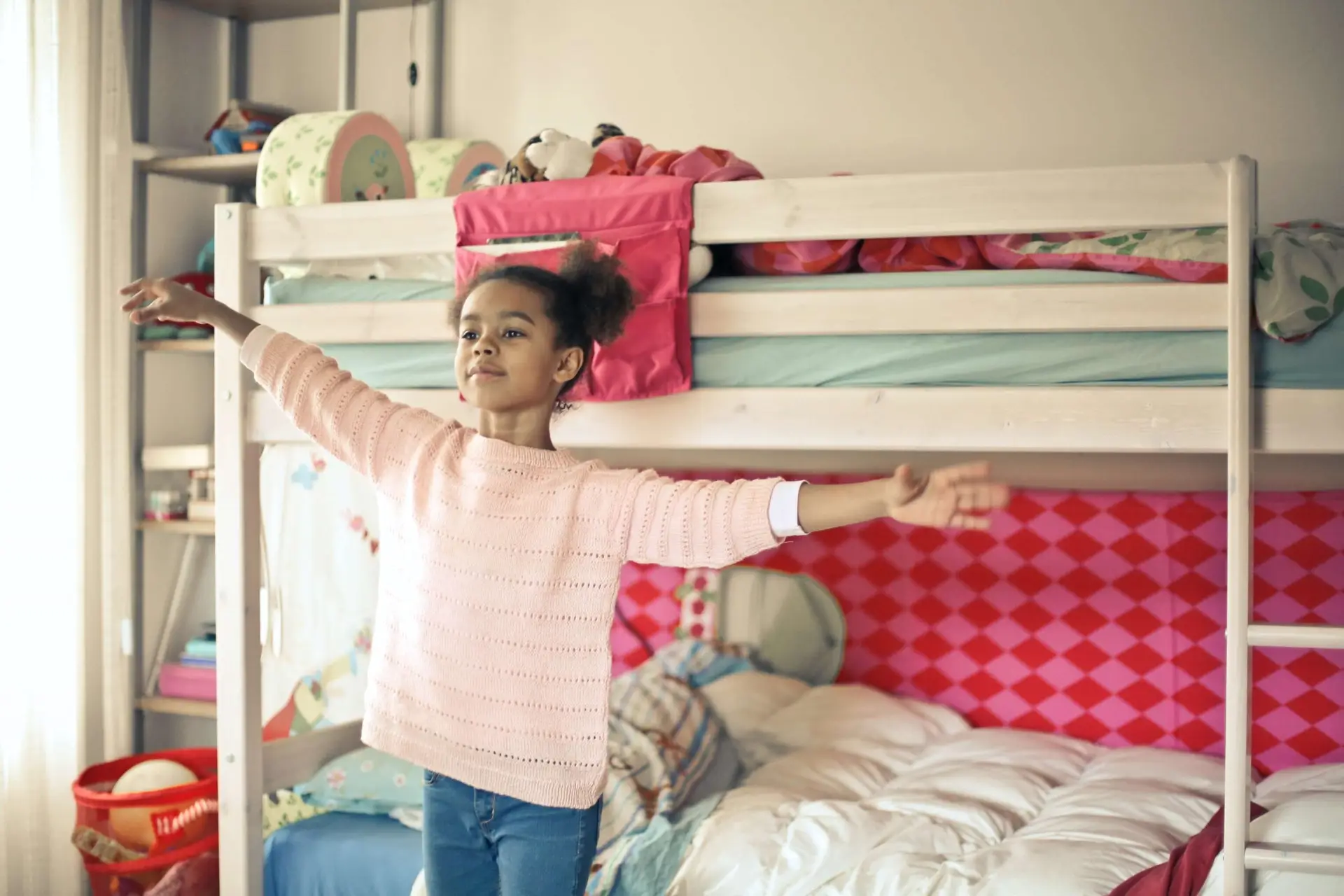Sleepovers can be a fun way to build social connections for children and teenagers. Despite this, they can also pose a significant danger to your child’s safety. While it may seem harmless, there are potential risks that every parent should be aware of. In this blog post, we will discuss seven dangers of sleepovers and provide tips on how to ensure your child’s safety.
Increased Risk of Sexual Abuse
It is always a concern when children sleep away from home as they may be vulnerable to sexual predators. Since most child abuse cases occur within families and acquaintances, it is vital to ensure that the host family is trustworthy. Thorough research on the host family’s background and reputation is essential before allowing your child to attend a sleepover.
Alcohol and Drug Use
Children and teenagers may encounter alcohol and drugs during sleepovers and be influenced to experiment. It is vital to discuss substance abuse and to educate your child on the dangers of using drugs and alcohol. If your child is attending a sleepover, it would be prudent to contact the host to discuss any plans that may involve substance abuse.
Cyberbullying
As technology continues to advance, cyberbullying is becoming more prevalent. Children may be exposed to online bullying during sleepovers, whether from peers or strangers. Be sure to educate your child on how to handle cyberbullying and monitor their social media activity.
Oversleeping
Oversleeping may not seem like a danger, but it can have adverse effects on your child’s health. Lack of sleep can lead to depression, anxiety, and decreased cognitive function. Discuss with your child’s host the bedtime routine and ensure your child adheres to their regular sleep routine.
Inadequate Supervision
It is crucial to ensure that there is sufficient supervision during sleepovers. Inadequate supervision can result in accidents, mishaps, or intentional harm. Discuss your expectations with the host and make sure they adhere to your guidelines.
Food Allergies
Sleepovers are often associated with eating junk food, which can trigger allergic reactions. Inform the host of any allergies your child may have and ensure that they prepare meals free of allergens.
Peer Pressure
Children and teenagers may succumb to peer pressure during sleepovers. As a parent, discuss with your child the importance of standing up for themselves and making responsible decisions.
Conclusion
While acknowledging the potential concerns associated with sleepovers, it’s important to recognize that they can still be a fun and rewarding experience for children. Responsible parenting involves open communication with both your child and the host family to ensure the safety of your child during such social events. Discuss any reservations you may have and seek reassurance to address any concerns. With proper preparation and vigilance, you can contribute to making your child’s sleepover experience both safe and enjoyable.

